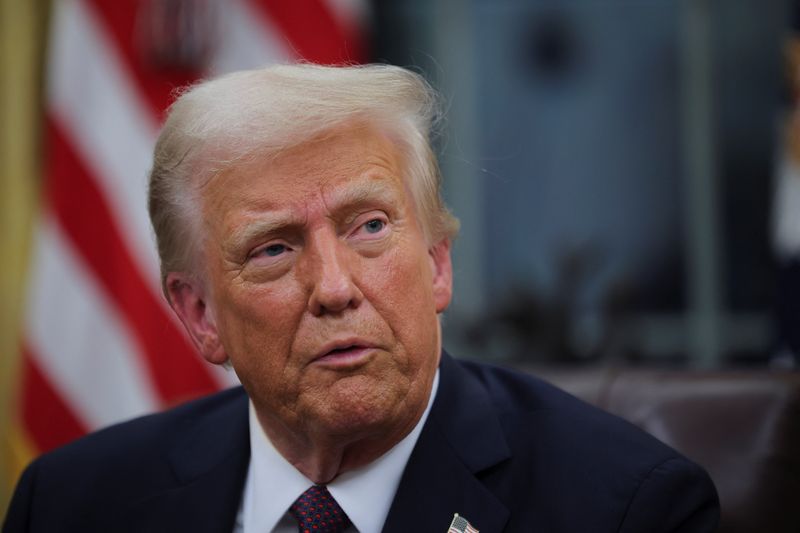Denison Mines announces $250 million convertible notes offering
Investing.com - A host of governments and companies are urging the Trump administration to rethink rules designed to curb the export of critical artificial intelligence chips, according to Bloomberg News.
During the final week of the tenure of previous U.S. President Joe Biden, a new regulation was unveiled which would restrict the amount of AI processors that can be exported to most countries.
The move was criticized by some U.S. allies like Israel and Poland, who flagged that they may lose supplies of the key technology, while big-name tech groups like Nvidia (NASDAQ:NVDA) also chafed against the announcement. Companies, such as Nvidia and software firm Oracle (NYSE:ORCL), could see their ambitions for international expansion dented by the framework.
Access to AI hardware could also become a bargaining chip for U.S. negotiations with foreign countries, Bloomberg said.
With a deadline for compliance with the so-called "AI diffusion rule" less than two months away, governments and some firms have been working to persuade Trump officials to loosen the regulations, Bloomberg reported, adding that administration officials are nowhere near a consensus on how best to proceed on the matter.
It was also unclear which voices would carry the most weight during the debate, Bloomberg said, citing interviews with more than a dozen individuals either involved in or briefed on the situation.
Two of the people who spoke to Bloomberg said that one option being considered at a staff level is a full-scale repeal of the diffusion rule. Nvidia and Oracle have pushed for such an outcome, Bloomberg said.
Washington has looked to use the regulation to keep AI development concentrated in the U.S. and other closely-aligned countries. To that end, around 20 U.S. partners, mostly in Europe and East Asia, would have access to AI chips, while foes like China and Russia would be all but prohibited from importing the technology, Bloomberg said.
Limits on available computing power would also be placed on a third group of countries, impacting countries in Southeast Asia and the Middle East who have significant AI plans and have not been hit by prior chip rules, Bloomberg said.
